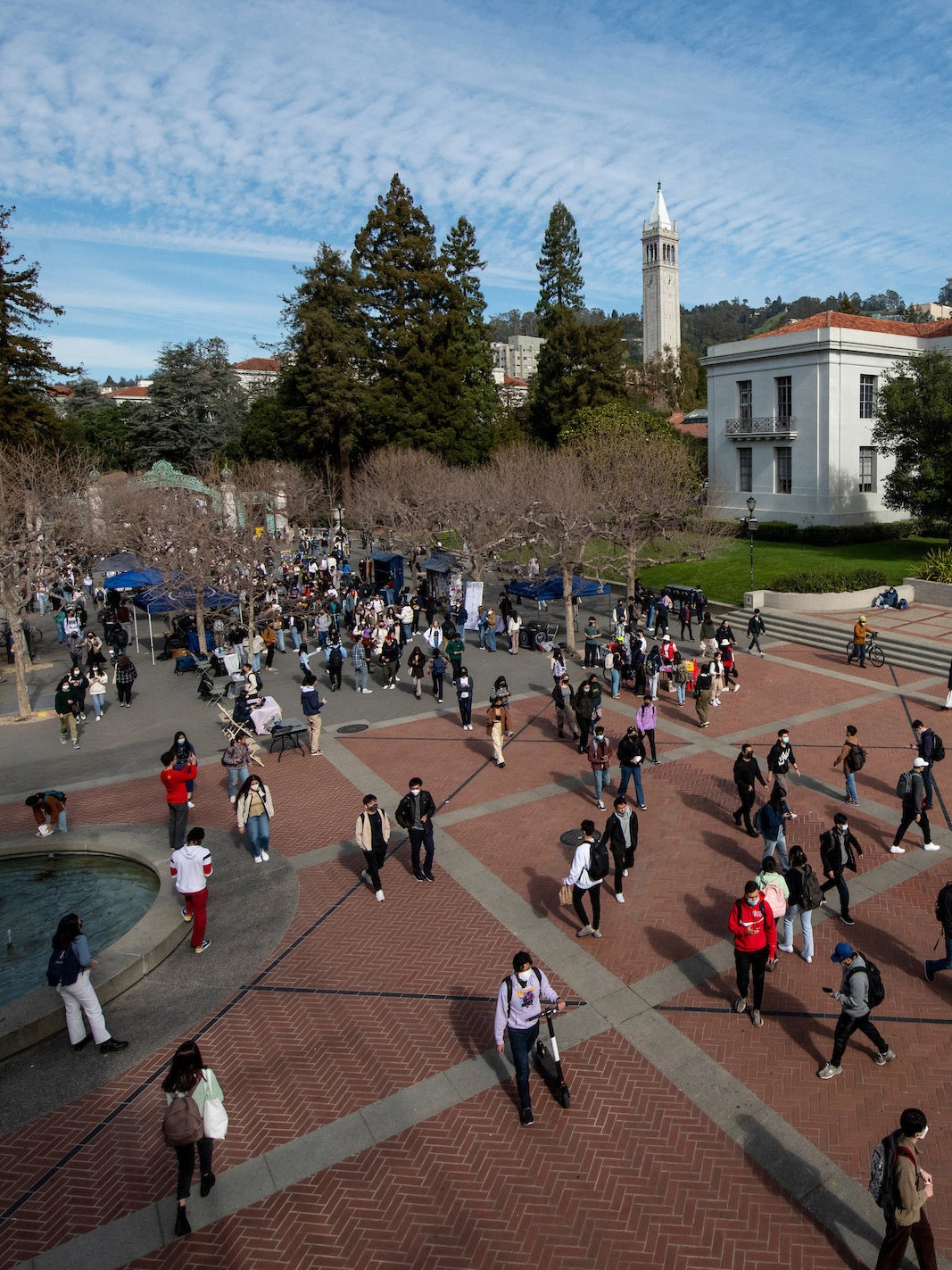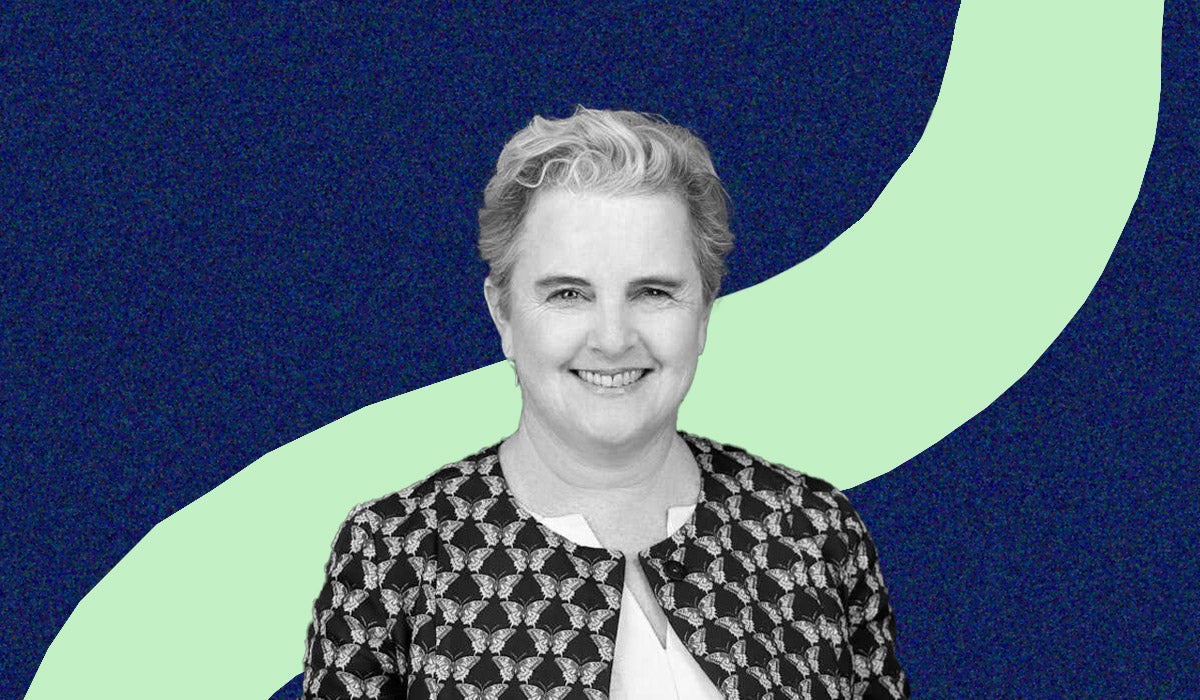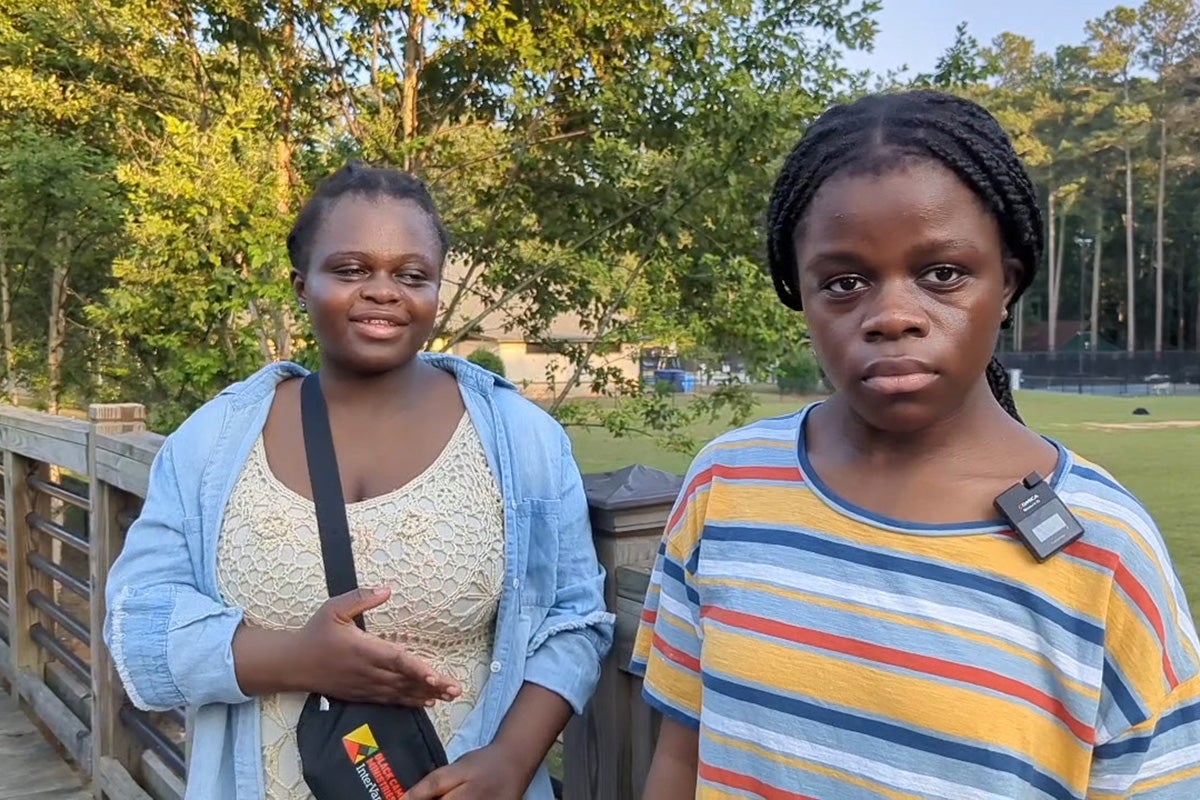
People
Increasing social impact on public health campuses
Claudia Williams has always had a special knack for the big picture. During her years as senior advisor of health innovation and technology at the Obama White House, she spearheaded the development of a national health database and precision medicine platform called “All of Us,” which aims to better understand how genetics, diet, and lifestyle impact the health of 1 million Americans.
Next, Williams led Manifest MedEx, an ambitious initiative in California to improve health care by improving data sharing. And now, she’s the inaugural chief social impact officer at the University of California-Berkeley School of Public Health. She sees her role—one of the first at a public health school—as the next chapter in the campus’s unique history as a force for social justice action, which stretches back to the 1960s and 70s. As she told Harvard Public Health’s Leah Rosenbaum, “I think what we are trying to do is in some ways reclaim our history of being activists for change.”
The interview has been condensed and edited.

Claudia Williams
HPH: What is the role of a chief social impact officer on your campus?
Williams: The function of this role is to make good on the third pillar of a school of public health—the first being research, the second being education, and that third pillar being creating positive and big change in the world. There are probably people at other schools of public health with a similar charge. I think, though, what’s unique about this role right now is the recognition that without this third pillar, the first two don’t make the impact they should. The broader opportunity and challenge is: How do you integrate the world of praxis and the world of knowledge? And so we’re trying to shrink the distance between what we learn in school and how we can apply it.
Sign up for Harvard Public Health
Delivered to your inbox weekly.
HPH: Can you give examples of social impact programs that exist or that you plan to create?
Williams: We are starting by building an inventory of the things already going on in the university. It’s just been incredible to see, especially in areas like community engaged research where Berkeley has long had a pioneering role. For example, we already have a longstanding partnership between Professor Emily Ozer and the San Francisco Unified School District to support wellness, reduce absenteeism, address homelessness, and mitigate racial bias. I’m [also] looking to bring in additional funding that could support new social impact activities.
The policy domain is a huge area for change and impact. A few areas that I think are ripe for that kind of work include California Medicaid’s whole person care initiative, CalAIM health care costs, AI in health care, and building new infrastructure for pandemic response.
[Then there is] the incubation and acceleration of new ventures. We recently launched a social impact innovation grant for student projects, and we just decided on eight new projects that will be funded with up to $15,000 each. They include supporting training for Black lactation doulas, expanding access to HIV services in Kenya for blind patients, and training youth in the Global South in advocacy techniques to change policy and practices around mental health.
HPH: How does your previous work leading data-sharing innovations at Manifest MedEx and advising the White House under President Obama relate to this new role?
Williams: The work I had done around data sharing was always with the intention of improving health and making sense of what is often a fragmented healthcare system. And it felt like there were underlying drivers of why we have fragmentation, why we have bad outcomes. And I said, “I want to work on those deeper drivers.”
At the same time, a lot of my work has been creating change through ecosystems. The skills I’ve developed over many years of data sharing have given me the ability to think about how to build platforms, how to engage in ecosystem change, and how to work in large bureaucracies to do that.
HPH: What can other public health schools do to increase social impact?
Williams: I think an opportunity for schools of public health is not only to hire people like me, who will be thinking about social impact and building those ecosystems, but to ask, “How does our current incentive structure within the university either hinder or help that effort?”
One of the areas that we’re looking at is how to give faculty credit for community-based work that they’re doing. Once you’re hired [as faculty], your major incentive is to get research funding and to get tenure. But we could find creative ways to emphasize policy change or community-driven work, so you don’t have to wait until you get tenure to start doing this “impact on the world” work.
There are really good conversations going on right now in academia about how, over time, we can shift the incentive structure that exists, especially for younger faculty, to do this kind of work.
Top image: Courtesy of UC Berkeley
Claudia Williams: Courtesy of Claudia Williams


